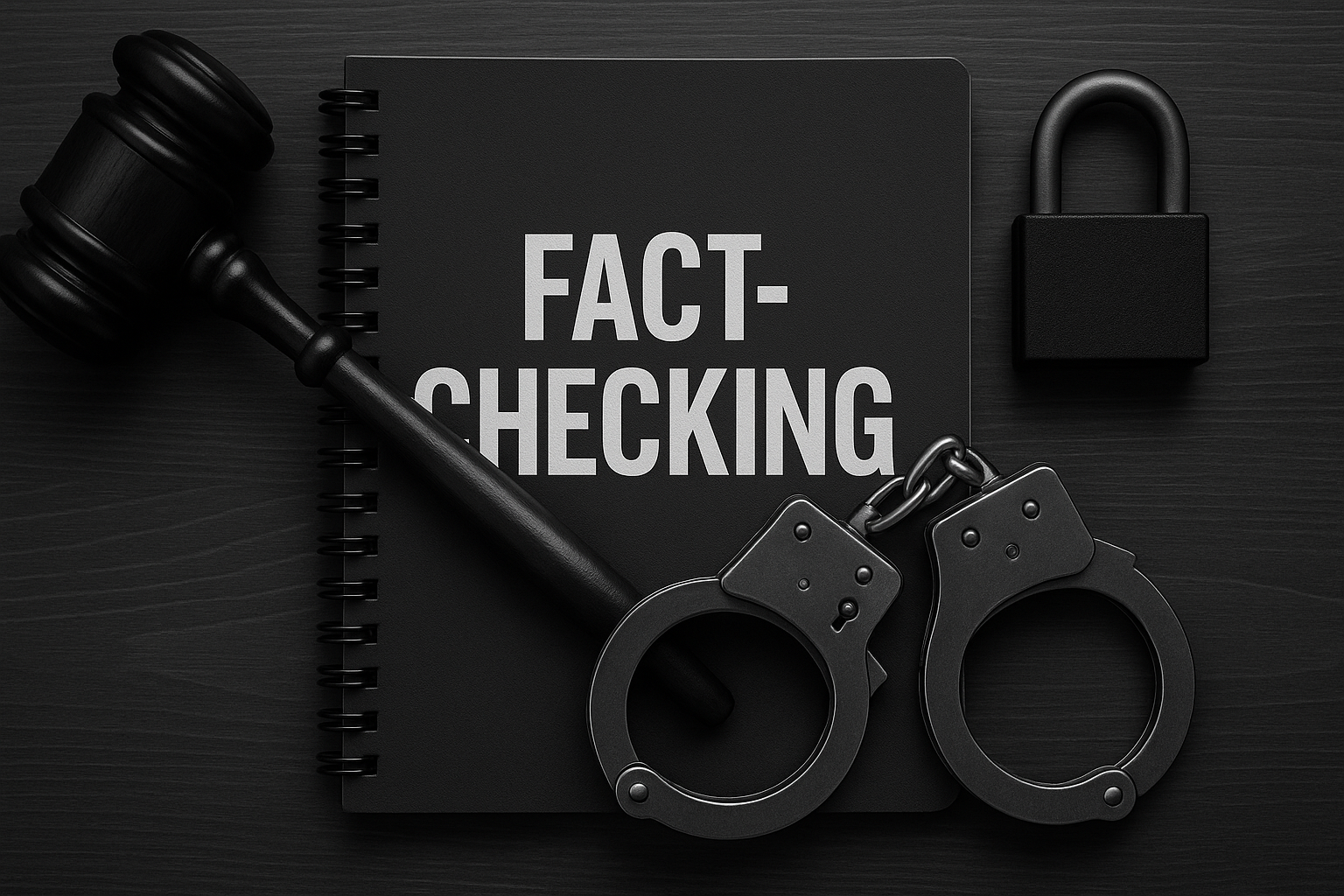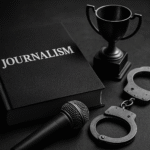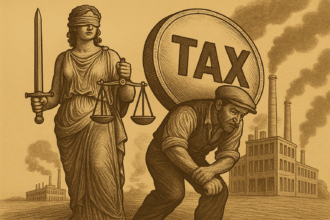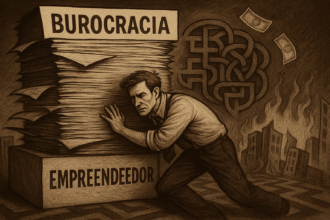Modern censorship does not wear uniforms or stamps. It uses badges with the names of fact-checking agencies, verification seals and technical reports. Under the pretext of combating disinformation, the Brazilian state has outsourced control of speech to supposedly neutral organizations, but financed by very well-defined political and ideological interests. The result is a system of censorship by proxy — efficient, opaque and dangerously unchallengeable.
Read more:
Who watches the watchmen? The TSE and the monopoly of official truth
STF, TSE and the blurred line between power and censorship
Institutionalized fact-checking: from neutrality to alignment
In July 2023, the TSE publicly celebrated the partnership with WhatsApp and fact-checking agencies such as Lupa, Aos Fatos and AFP. The project even received an international award for “combating disinformation” (TSE). But what was presented as a democratic achievement is, in practice, a dangerous symbiosis between state apparatus and private verification. There is no contradiction. There is no recourse. If an agency decides that an opinion is false, the content is removed — and that’s the end of it.
Even fact-checking agencies make mistakes — and make them badly. On June 2, 2021, the fact-checking website To the Facts classified as “false” the statement made by then-president Jair Bolsonaro about the projected growth of Brazil’s GDP. The president stated that market forecasts already indicated growth above 4%, but the website disagreed. A few days later, official projections confirmed it: the estimate did in fact exceed 4%. The “lie” became the truth, and the “fact-check” became an embarrassment.
But don’t worry — no one will probably check the checkers. After all, when an error comes with a stamp of authority, it stops being an error and becomes an official guideline.
Source: Gilberto Musto – Political Marketing
The State outsources, censorship is strengthened
Barroso, before leaving the presidency of the TSE, renewed partnerships with these same agencies in 2022 — including during the electoral period (West Magazine). This collaboration formalizes the use of private entities as a technical basis for judicial and administrative decisions. In other words: the State begins to censor based on criteria defined by NGOs, militant journalists and funded “experts.”
Who funds the truth-checkers?
According to an investigation by Gazeta do Povo, foreign NGOs such as Digital Forensic Research Lab (DFRLab), linked to the Atlantic Council think tank, and the consortium CEPPS, funded by USAID and NED, cooperated directly with the STF and TSE during the monitoring of the 2022 Brazilian election (People's Gazette). This is a direct external influence on the flow of information in a sovereign country — to the applause of the press and the silence of the institutional opposition.
Exemption? Only in speech
Fact-checking agencies sell impartiality, but they practice selectivity. A study by Gazeta showed that fact-checks tend to be more rigorous against content that is critical of the government or the institutions that fund them (People's Gazette). Worse still, many of the fact-checkers are former militant journalists or political activists disguised as technicians. Neutrality has become an institutional fantasy.
Conclusion
Fact-checking has become inquisitorial. It does not limit itself to verifying facts, but interprets intentions, deduces contexts and imposes convenient truths. When the State relies on private agencies to silence citizens, we are facing a new regime of censorship — more sophisticated, more cowardly and more effective.
Read also:
STF: from the Constitutional Court to the Supreme Guardian of Censorship
Who watches the watchmen? The TSE and the monopoly of official truth
Democracy in silence: the return of single-minded thinking





